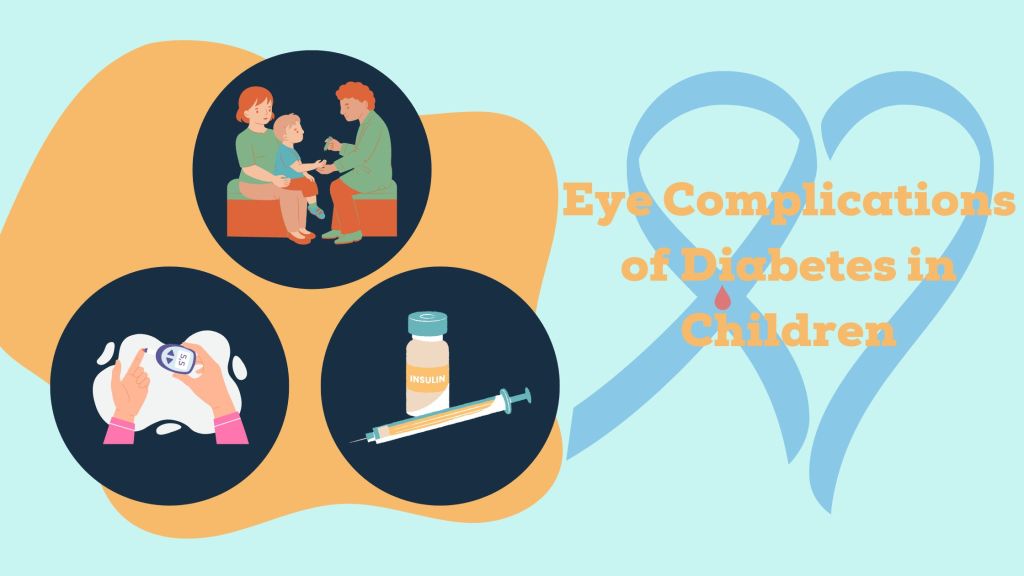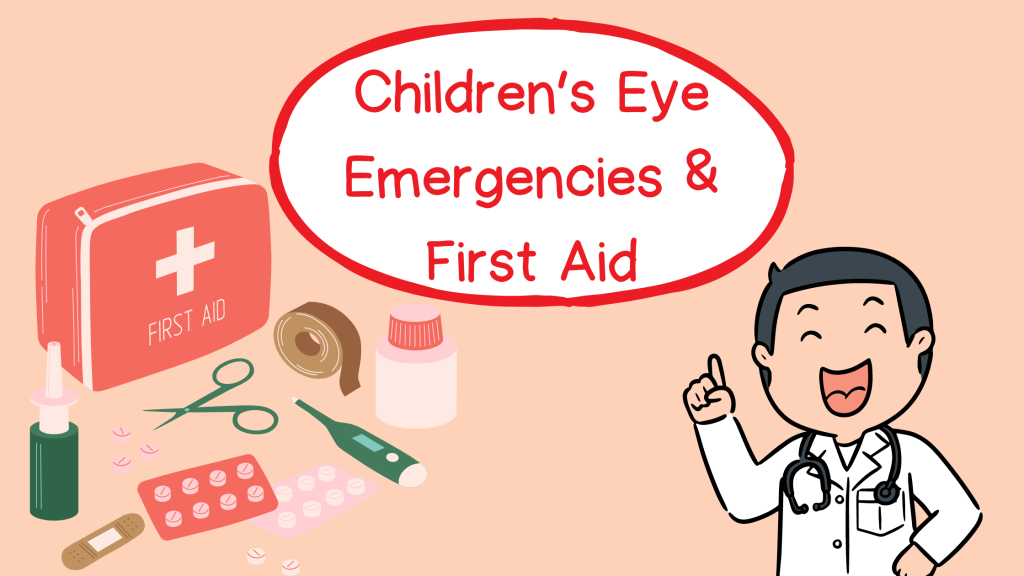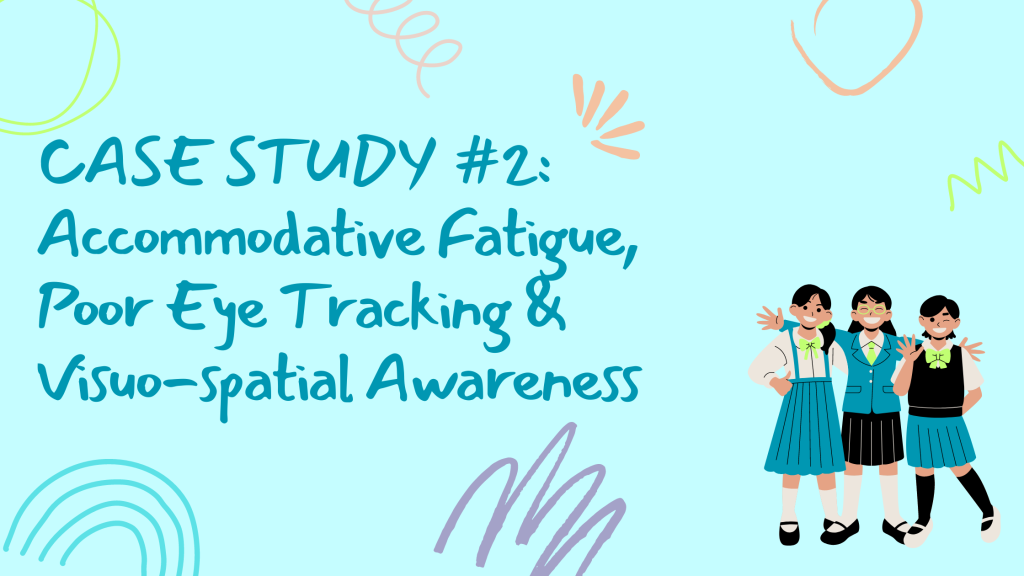If you have ever found yourself squinting at the computer screen or feeling like your eyes just can’t seem to focus properly, you may be experiencing convergence insufficiency. But don’t worry, you’re not alone! This common eye condition affects many people, especially those who spend a lot of time in front of screens or doing close-up work.
So, what exactly is convergence insufficiency?
Essentially, it is a condition where the eyes have trouble working together to focus on a close object. Think of it as a result of muscle weakness, the eyes are too strained or overworked to work as a team.
The word convergence is defined as when two or more things come together to form a whole. You may have noticed that when you look at objects up close the eyes make an inward movement as they look at near objects. This inward movement is referred to as the convergence of the eyes. In the orthoptic world, there’s more to it: an inward movement by itself isn’t enough. The eyes need to work as team, equally moving inwards, looking at the same point and “fusing” the images from both eyes into one 3 dimensional image. When the eyes fail, disturbing visual symptoms may occur like funny movements of the words/ sentences, squiggles, double vision and headaches and eyestrains.
As time passes, the muscles become weaker, the condition becomes semi-chronic and the eyes find it more and more difficult to converge. The individual will start avoiding near tasks that are visually demanding like reading, computer work, sewing etc.

Did you know?
1. It’s not just for kids
While convergence insufficiency commonly occurs in teenagers, it can also affect adults. Certain health conditions, stress and lifestyles may increase your risks to convergence insufficiency. It can also have a heriditaroy factor!
2. It can be a comedy of errors
Have you ever tried to read a book with convergence insufficiency? It can lead to some hilarious mishaps, like reading the wrong line or losing your place on the page. For some, symptoms may only occur when tired.
3. Treatment is possible
The good news is that there are ways to combat convergence insufficiency and improve your eye health. One of the most common treatments is vision therapy, which involves exercises and activities designed to strengthen the eye muscles and improve coordination; often in the form of prisms to help improve the person’s fusing capacity (that is muscle control to keep the eyes looking at the same point, holding a single image). This also helps improve your ability to focus and alleviate symptoms like double vision and eyestrain. In addition, vision therapy exercises may include activities such as eye tracking, eye teaming, and focusing exercises to improve overall visual skills.
And hey, why not make eye exercises fun? Challenge yourself to a game of eye yoga, where you practice focusing on different objects at varying distances. Or try out some eye-friendly puzzles, like sudoku or crossword puzzles, to keep your eyes sharp and improve your focusing skills.
In addition to vision therapy, there are other lifestyle changes you can make to help manage convergence insufficiency. For example, taking frequent breaks from screen time, practicing good posture, and using proper lighting can all help reduce eye strain and improve overall eye health.
4. It’s not all about the eyes
Convergence insufficiency can also have an impact on other areas of your life. A child may fall back academically due to trouble reading, while an adult may find completing work tasks challenging. Almost everything we do is visual, with over 80% being close-up tasks.
5. You’re not alone
If you’re dealing with convergence insufficiency, remember that you’re not alone. Many people around the world are facing similar challenges and working towards improving their vision. So don’t be afraid to reach out for support and seek help from a vision specialist .
So there you have it – convergence insufficiency may be a nuisance, but it’s nothing to be afraid of. With the right treatment and a positive attitude, you can overcome this common vision problem and start living your best life. Remember to take care of your eyes, rest when needed, and keep working towards better vision. And who knows, maybe one day you’ll look back on your convergence insufficiency struggles and laugh at the funny moments along the way.








